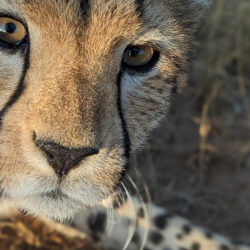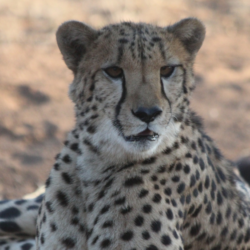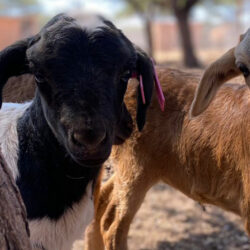I Didn’t Kill your Goat
-
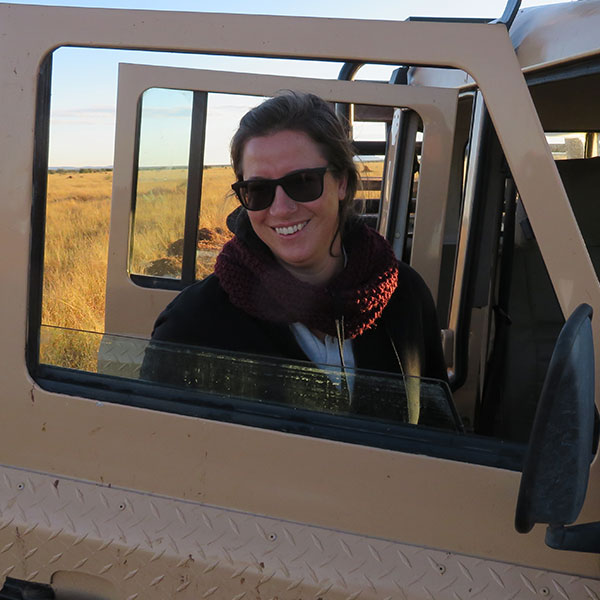
- by Nadja LeRoux September 5, 2018
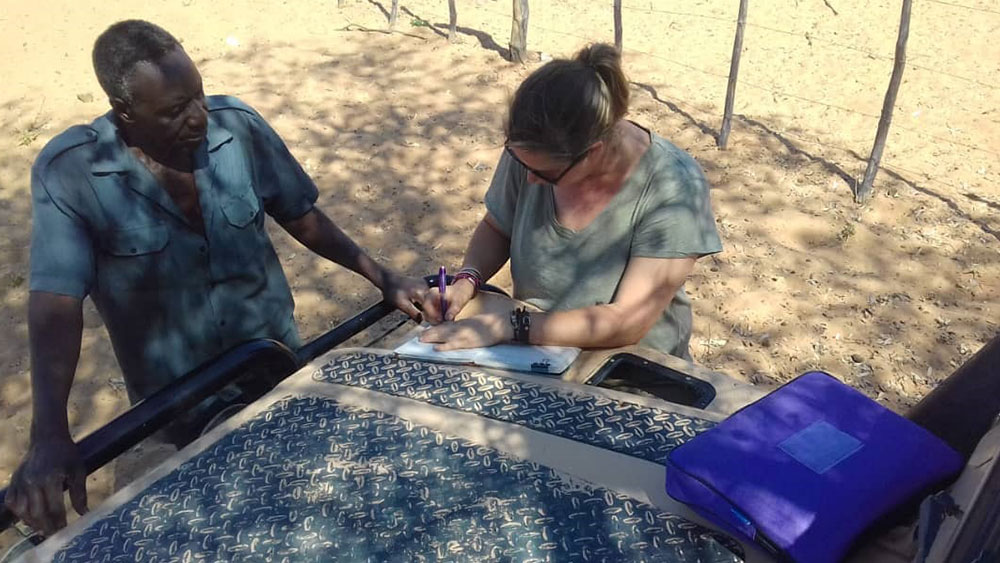
One of the many resources that CCF has developed over the years to assist farmers mitigate against carnivore conflict is a tool called “Kill ID”. This tool has been trained and implemented with farmers all over Namibia.
In a recent investigation, myself and William Briers-Louw CCF’s Ecologist responded to a call from a farmer in the Okakarara district communal conservancy that two of his goats and a sheep had been killed by African wild dogs. The site was two miles in thick bush from the homestead and took quite a hike to get there at dusk.
African wild dogs in this region are highly persecuted by farmers, as they are responsible for a lot of predation on calves. In this case however, it was determined that African wild dogs were in fact not responsible for the losses.
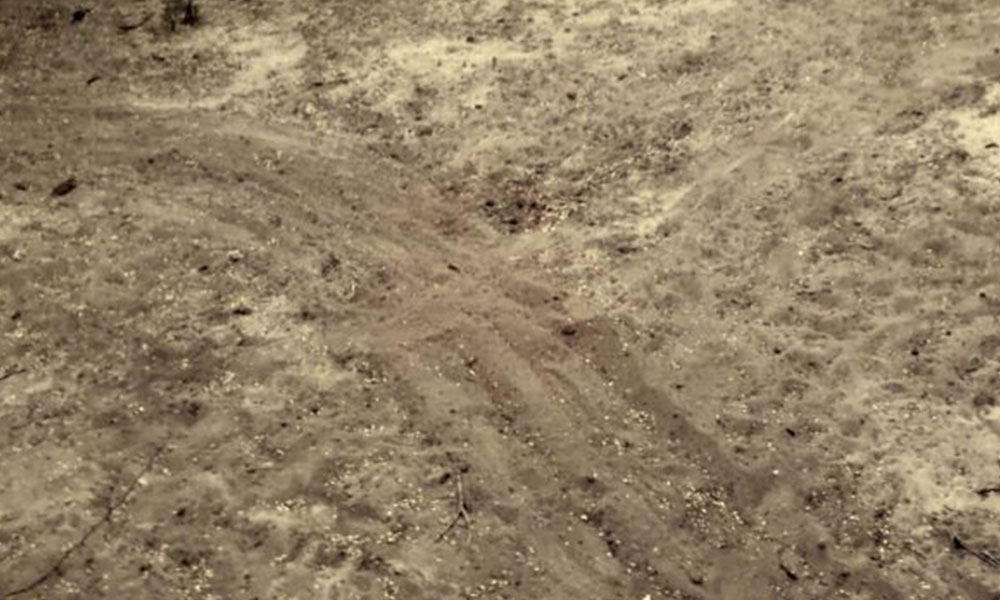
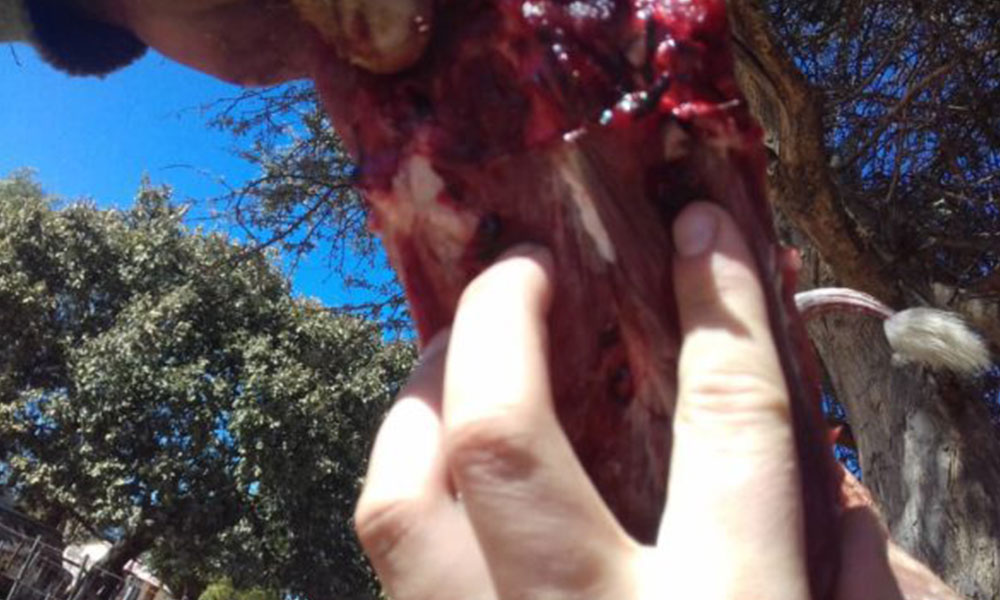
By using the Kill ID chart, we could show the farmer and his workers the different signs that can be identified to determine which predator was responsible. The Kill ID chart, which has been designed in a very simple template for rural farmers who don’t speak English to understand. By observing bite marks and location of bite marks it was clear that the responsible predator was caracal. Spoor had already been destroyed by Jackal, which is why the farmers assumed AWDs, but there were many other signs that could prove cause of death.
By investigating the site and how the carcasses were laid is also important to correctly ID what had attacked his livestock. The carcasses had been bitten on the back of the neck, which resulted in breaking the neck, which is very typical of leopard and caracal. The carcass had also been dragged into thick bush, also typical of cats. The carcass was intact, had it been African wild dogs, the carcass would have been torn apart and consumed.
This valuable interaction with farmers is the backbone of CCF’s dedication and commitment in consistent presence and education for farmers in capacity building. Farmers are also advised of the tools they can use to reduce conflict with caracal, which can simply be addressed with the use of Livestock Guarding Dogs.
Related Reading
-
March 8, 2024
Make a Positive Impact Toward Species Conservation -
November 28, 2023
Everything you need to know about the #BigGiveChristmasChallenge -
May 24, 2023
Lambing Season and Responsible Farming

